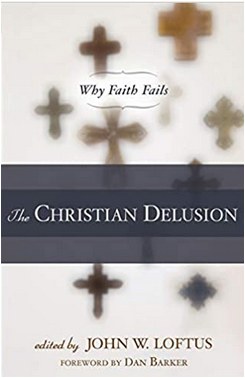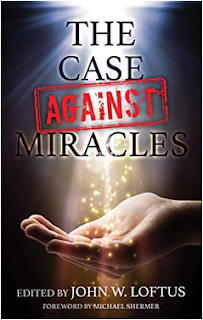Margaret Downey is an important person among secularists, humanists and atheists.
Downey has had a prolific career in secular activism. She is the founder of the Freethought Society, and the Thomas Paine Memorial Committee. She is a past board member of the American Humanist Association, and the Thomas Paine National Historical Association. She is a current board member of the Freedom From Religion Foundation. Downey also serves as an advisor for the Robert Green Ingersoll Birthplace Museum and the Openly Secular campaign.Year after year I watched as she decorated her yearly "Tree of Knowledge" with books she thought were important, as I was publishing mine. Then she finally decorated her 2021 tree with all 12 of mine. Finally! How many books of mine can you spot?









